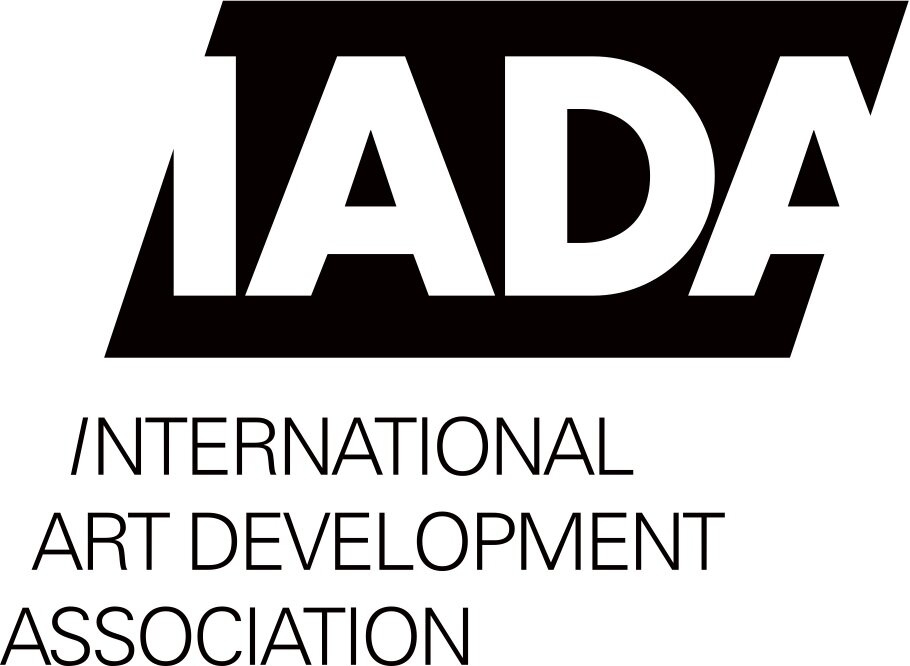Artist talk: qum.arna: «a method of learning rhythm and the unknowable»
photo by notfromjapan
Contemporary culture, especially music and art in Kazakhstan, is rapidly developing, revealing new trends and names. One of the brightest events of 2022 in Kazakhstan was the first biennale of sound and new music «Korkut», uniting two parallel worlds - experimental music and decolonial discourse. IADA talked to qum.arna, a young composer from Pavlodar, for whom the «Korkut Sound» program was his debut performance. His methods of working with sound are close to the traditions of avant-garde music while maintaining a deliberately amateur approach. qum.arna writes compositions on his smartphone using recordings of various noises. The traditional Kazakh instrument “Kobyz”, one of the symbols of the «Korkyt-Ata» myth, was the basis of the electroacoustic performance qum.arna in collaboration with the kobyzshy (kobyz player) Satkozy Mukhtar. qum.arna controlled the prepared recording by improvising with the intensity and movement of sound on an 8-channel speaker system in the domed hall of the Museum of Folk Instruments in Almaty.
About sensitivity to environmental sounds
“I like the wind noise in a phone video, or the velvet sound of a phone in a pocket while walking. I found the simplest phone noise that we always hear to be very pleasant. My “noise approach” emerged after half a year. In the beginning, I was just playing around and after a year I started to make deliberate steps. Life circumstances made music practice a place of peace for me, something intensely personal. It assembled like a hut, a kind of imaginary home. Then I thought that these noises gave me the most satisfaction, I often fell asleep to them, noises that are on repeat, white noises.
The ping pong ball, humming refrigerator, passing cars, I believe all people sometimes hear the music in the cacophony and noise. There's a demo about cars and city noise called “Al-Farabi Avenue”. I was standing on the bridge on Al-Farabi (avenue in Almaty) and recording the approaching and receding cars. As I listened, it occurred to me that this isn't even music, rather a sound dynamic of ordinary life, when you're tuning into these city sounds it’s better than any music in headphones.”
About the process
“There are compositions that I write for a year, sometimes it's three months, sometimes it's a couple of days. It happens so that I take long pauses and wait for the moment to return with new inspiration. Mostly my practice is like a game, the process itself is childish: running around recording something and then sitting down at one point and editing.
“Jamal” is a composition I wrote while half asleep in my rented flat. First I recorded the noise of a fridge and looped it. That sound calmed me down, afterwards, I heard and recorded the drums, then, also in a half asleep state, I started saying something into the mic. I didn't care if it was melodic or not, I thought as long as the stream is there, it should be recorded.”
About rawness and demos
“Releasing tracks and to stop making demos, which is essentially raw material, sometimes circumstances don’t allow, mixing in studios is expensive. But in general, I think that God is the best creator, and therefore I can’t do anything better than him, and there is no point in striving to bring everything to perfection. For me, this practice is not a product, neither a composition nor a craft, but just a game. Playing a child or a composer. I can't call myself a composer, on the one hand, it seems to me that the concept itself is blurred, on the other hand, it may be, on the contrary, somehow ossified and doesn’t let in new meanings.
I hear music, but the tracks I have don't fully convey what I'd like to express, they kind of slightly open the door for me personally. When, in the process, immersed in a feeling of a certain disorientation, like a cloud into which you can enter everything around you in a disposition and you are in the center of this chaos.”
Concert «Korkut sound»
About the figure of the author
“Sound and visual practices in my case are not separated by a parallel line, but are one essence in different incarnations. All my works are united by a playful approach, I intentionally don’t plan in advance and let randomness and chaos manifest itself. In general, I do not define myself as a creator or author, but rather as a postman, a conductor of everything that is knocking from the other side. I think that if I become vain and say that I wrote this, that I write this music or make a painting, karma will find me. This is not a project and not a self representation, this is a research, a method of learning rhythm and the unknowable.”
About the «Korkut sound» concert
“Part of my approach in working with instrumentalists is to record from the first take, just one chance and no preparation or rehearsal. This also has been the case with the saxophone for “Jamal” during the work with Satkozy. Only one meeting and straight to recording. It is very important to feel a connection, to know that you and the instrumentalist can find a common ground. We communicated and at some point, I would just come up with headphones to share my work and Satkozy started to improvise and play.
The idea to master the phone as an instrument was born during a discussion with Dima (Dmitriy Morozov -VTOL) and while listening to the material he created an algorithm - a highly complex thing on a special program. I still don't fully understand how it works, but I trusted this instrument and felt it.”
Author: Anvar Musrepov


